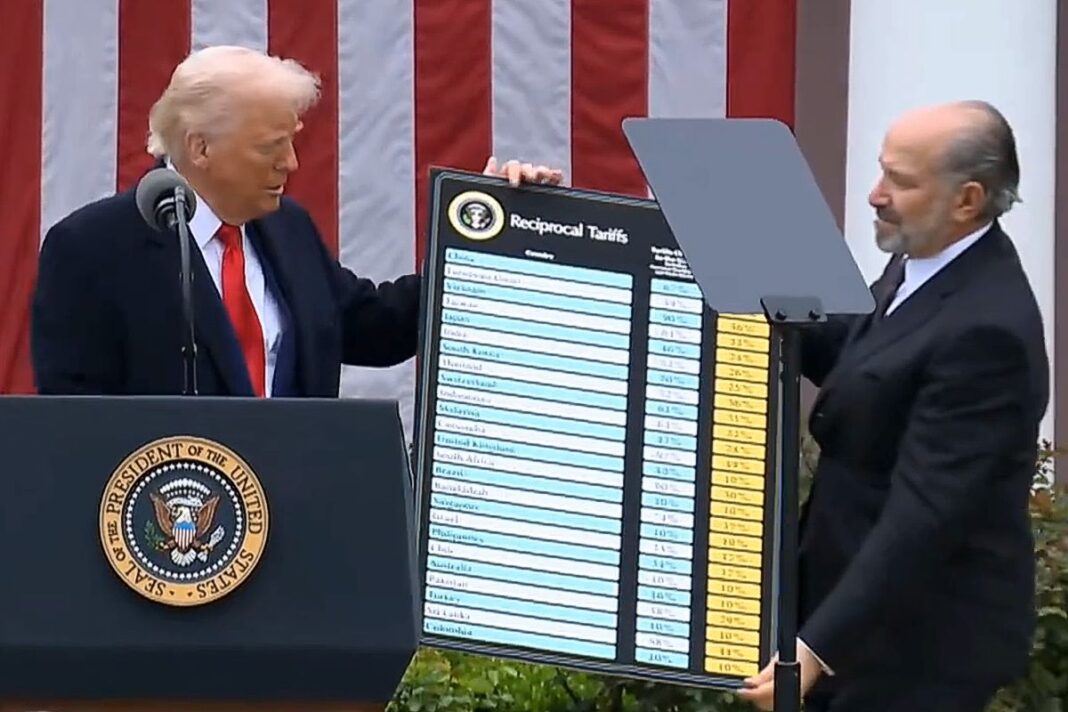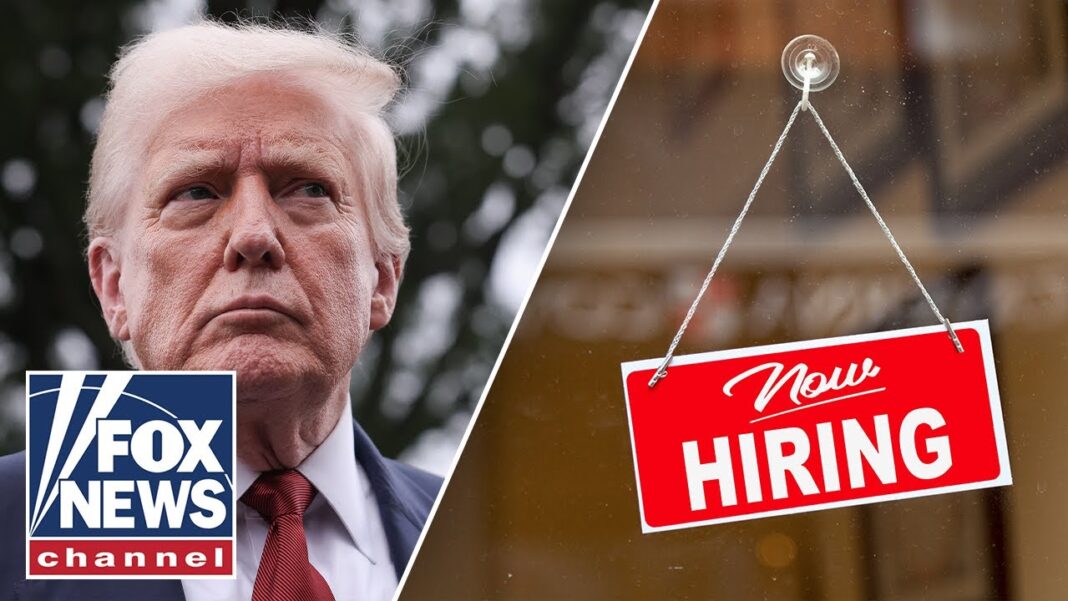‘I would say that, in fact, most countries in the world, they just have a tariff assigned to them,’ Greer said.
President Donald Trump’s trade representative, Jamieson Greer, said that Americans should expect the administration’s tariff levels to remain where they are, even as some trading partners look to negotiate deals past a key deadline.
In an interview with CBS’s “Face the Nation with Margaret Brennan” taped on Aug. 1 but aired on Aug. 3, Greer said he does not expect trading partners that have yet to strike deals with the United States negotiate tariffs down in the coming days.
“I know a lot of these are set rates pursuant to deals. Some of these deals are announced, some are not, others depend on the level of the trade deficit or surplus we may have with the country,” Greer told CBS.
“There are trade ministers who want to talk more and see how they can work in a different way with the United States, but I think … we’re seeing truly the contours of the president’s tariff plan right now with these rates.”
After levying baseline and reciprocal tariffs on all U.S. trading partners in early April, Trump offered a 90-day extension for nations to negotiate deals with his administration. After the 90-day window came to pass on July 9, he extended the deadline to Aug. 1.
So far, the White House has negotiated finalized or pending trade agreements with the European Union, the United Kingdom, Indonesia, Japan, the Philippines, South Korea, Pakistan, Bangladesh, Cambodia, Thailand, and Taiwan.
Trump is working on a deal with China after agreeing to a truce in retaliatory actions until Aug. 12. Negotiations on rare earth metals are a critical component of trade talks with Beijing.
Mexico, one of America’s largest trading partners, was offered a 90-day extension on trade negotiations, but is still subject to the 25 percent fentanyl-related tariff level Trump levied earlier this year until a deal is finalized.
Trump slapped Canada with a higher 35 percent tariff on any goods not pursuant to the United States-Mexico-Canada Agreement (USMCA), as well as a 40 percent tariff on any imports that are transshipped through Canada from other nations to avoid tariffs.
By Jacob Burg








